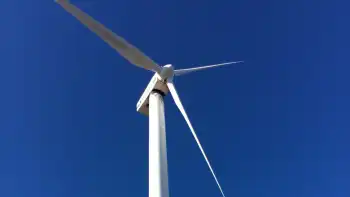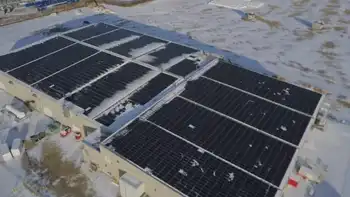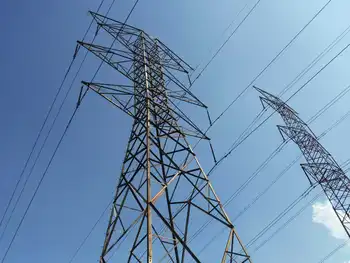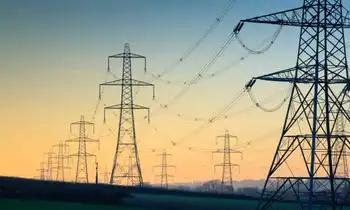Canada, U.S., Mexico to Establish Climate Change Working Group
By CANADIAN PRESS
CSA Z462 Arc Flash Training - Electrical Safety Essentials
Our customized live online or in‑person group training can be delivered to your staff at your location.

- Live Online
- 6 hours Instructor-led
- Group Training Available
Greg Rickford, Canada’s minister of natural resources, reached the deal — along with U.S. Energy Secretary Ernest Moniz and Pedro Joaquin-Coldwell, Mexico’s energy secretary — during a meeting of North American energy ministers. The working group will focus on a number of issues, including reliable and low-carbon electricity grids, deployment of clean energy technologies including renewables, and energy efficiency for equipment, appliances, industries and buildings.
They will also look at carbon-capture, use and storage, climate change adaptation and resilience emissions from the oil and gas sector.
The Harper government has come under criticism for not developing climate-change regulations for the oil and gas industry.
The latest ministerial agreement follows a December announcement of three-way co-operation on a number of other energy issues, including responsible development of unconventional oil and gas deposits.
“By co-operating with our North American partners, we are enhancing energy security and the environment while strengthening jobs and the economy,” Rickford said in a statement.
Formation of the working group follows the announcement last week of new Canadian emissions targets.
Environment Minister Leona Aglukkaq said that Canada planned to reduce its greenhouse gas missions by 30 per cent below 2005 levels by 2030 — a target she called fair, ambitious and in line with other major industrialized countries.
In the House of Commons on Monday, New Democrat Megan Leslie dismissed AglukkaqÂ’s target.
“It doesn’t deliver Canada’s fair share of emissions reductions,” Leslie said.
Aglukkaq replied by saying Canada would take “a responsible and balanced, sector-by-sector approach to reducing emissions, but protect the economy and Canadian jobs.”











